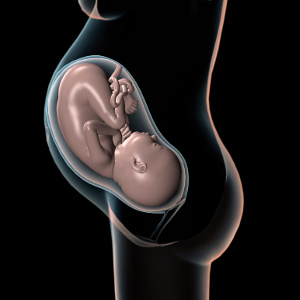Cobalt (Co)
Cobalt is a trace element. An adult contains around one mg of cobalt, which is mainly stored in the kidneys, muscles, and bones. The nutrient is also part of the vitamin B12 molecule that is important for the formation of red blood cells and for the nervous system, among other things.
Functions and importance for
- The production of vitamin B12
- The production of folic acid
- The production of blood by means of folic acid and vitamin B12
Deficiencies and poor utilisation may be caused by
Not described
Deficiency symptoms
Not described, but the following may possibly occur:
- Insufficient folic acid and vitamin B12 metabolism
- Anemia
- Implications of anemia (described in the section "Folic acid" and "Vitamin B12")
Sources
Mainly beans, liver, meat, fish, eggs, and butter. Smaller amounts are found in nuts, whole-grain, vegetables, and fruit. Cobalt is also supplied as part of vitamin B12, which is mainly found in animal sources like meat, fish, eggs, and dairy products.
Cobalt content in micrograms per 100 grams
| Brown and white beans | 350 |
| Cod | 221 |
| Beef liver | 105 |
| Oats | 8 |
| Carrots, spinach | 1 |
Recommended daily allowance (RDA)
Not established
Increased need
Not established
Overdosing - side effects
Very rarely seen but side effects have been observed with cobalt addition to beer as a natural foaming agent. This procedure was swiftly abandoned for the same reason.
- Heart failure
- In worst case cardiac arrest
Important information
Vegetarians and vegans must make sure to get enough cobalt.
Cobalt is absorbed in the small intestine by means of the same mechanisms as iron. For that reason a high cobalt intake will reduce the iron uptake.
- Created on .












 "After about one week of taking the Q10 supplement I could feel a huge difference," says 23-year old Alan Piccini, who has been suffering from extreme fatigue and muscle aches ever since he was a child.
"After about one week of taking the Q10 supplement I could feel a huge difference," says 23-year old Alan Piccini, who has been suffering from extreme fatigue and muscle aches ever since he was a child. “Taking capsules with co-enzyme Q10 has freed me of the severe side effects of my cholesterol lowering medicine,” Mrs Franken explains.
“Taking capsules with co-enzyme Q10 has freed me of the severe side effects of my cholesterol lowering medicine,” Mrs Franken explains.